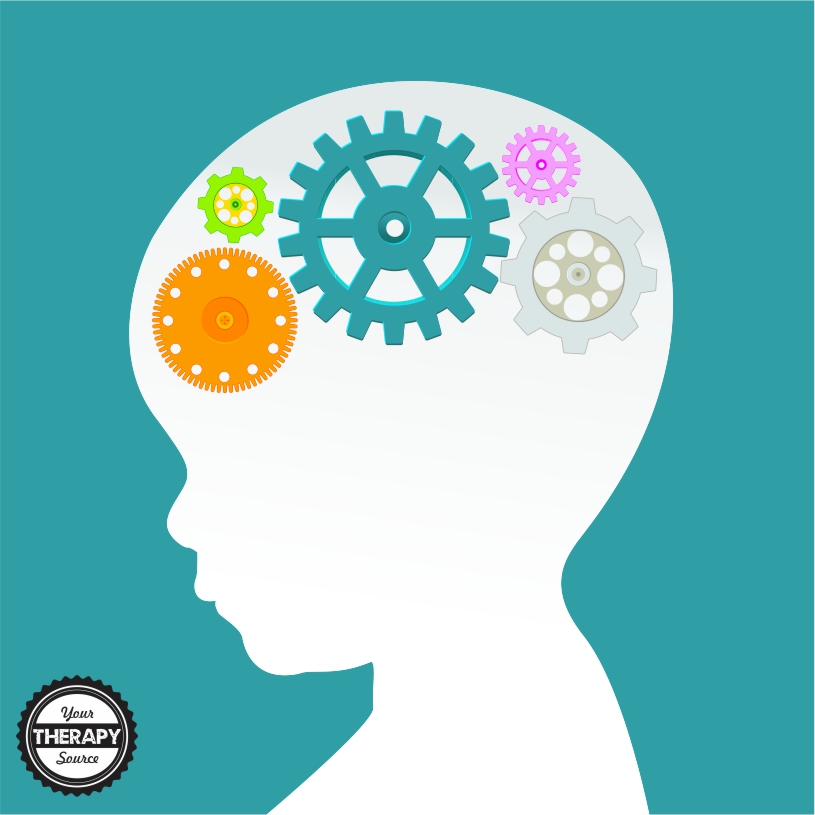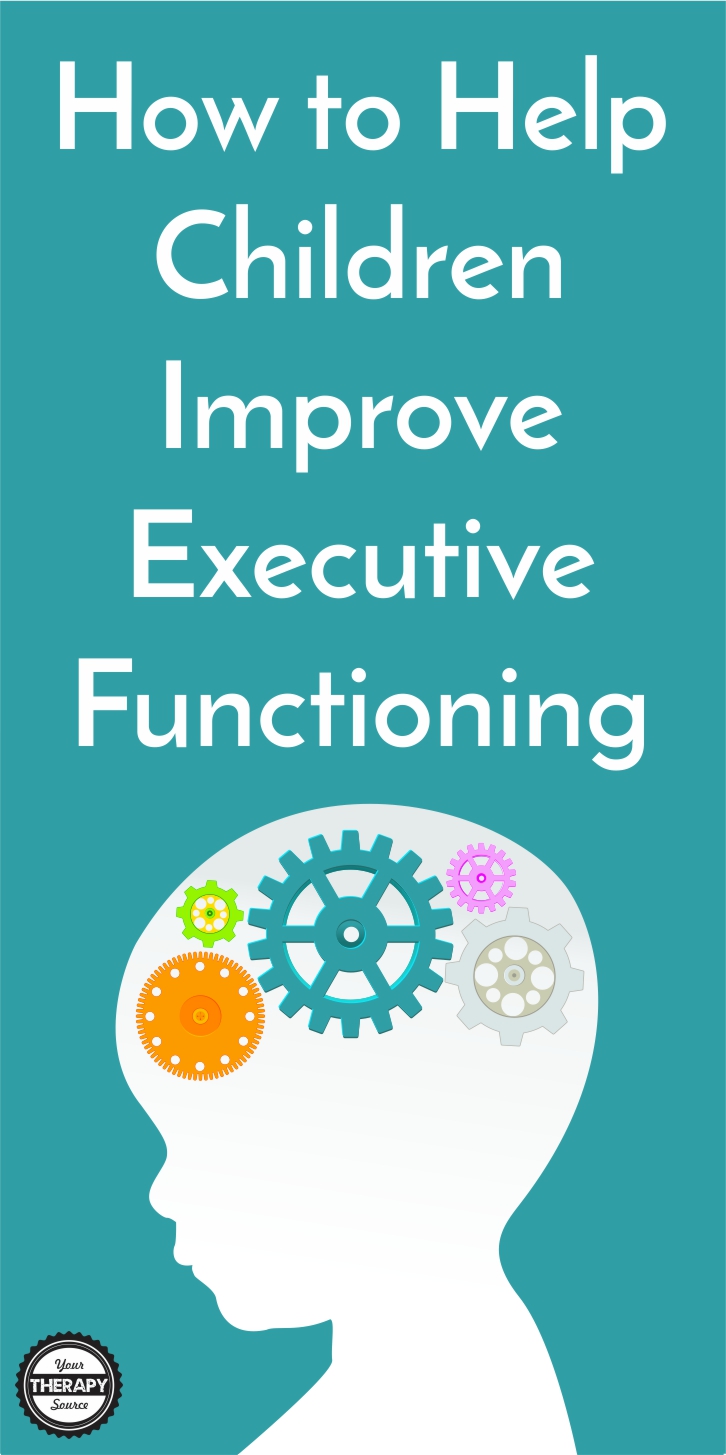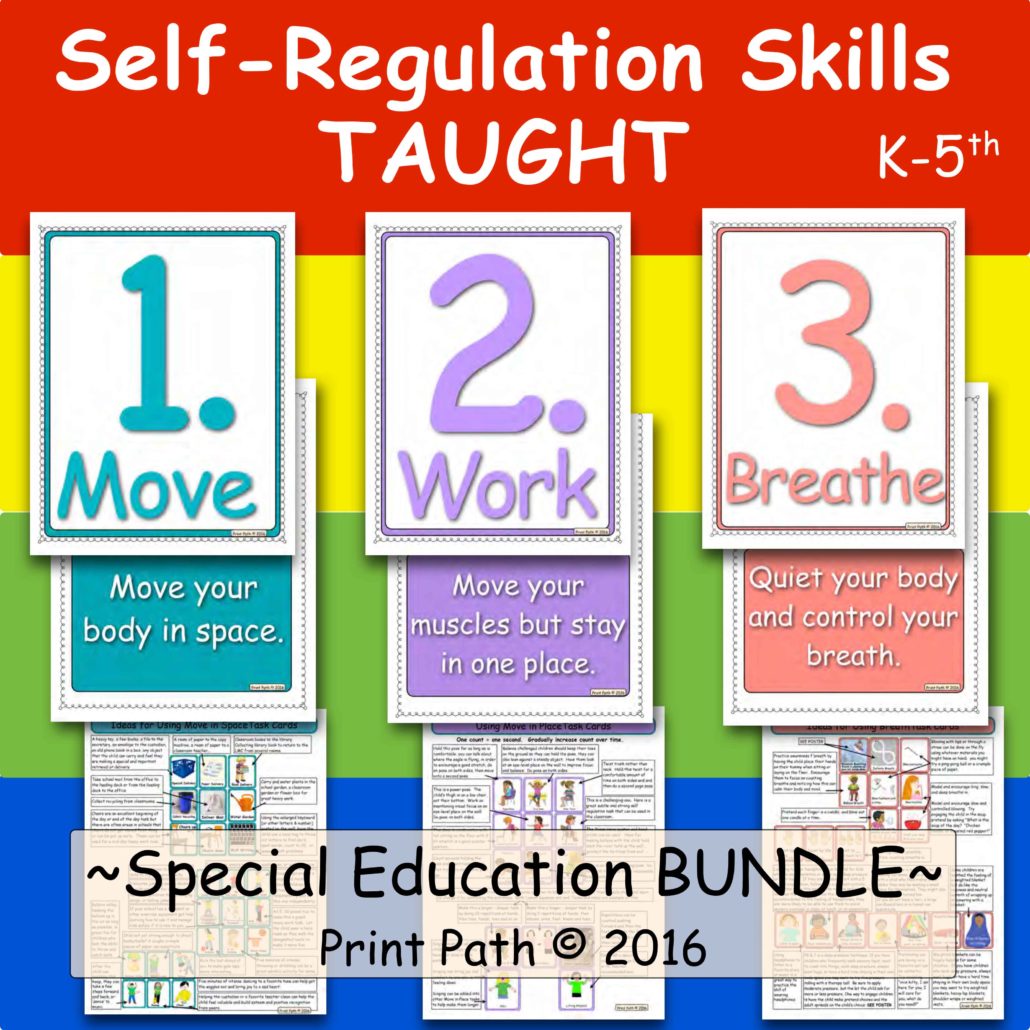How to Help Children Improve Executive Functioning
 How to Help Children Improve Executive Functioning
How to Help Children Improve Executive Functioning
Executive functions are a popular “buzz word” right now and with good reason. In a nutshell, executive functions include the following skills: inhibitory control, working memory, cognitive flexibility, reasoning, problem-solving and planning. These super-important skills can be improved with training which is good news since they are necessary for at school, home and work. Executive function training includes activities such as computer-based training, working memory activities, traditional tae-kwon-do, aerobics, mindfulness, and yoga.
Here are several suggestions on how to help children improve executive functioning.
Act Early – children who need to improve executive functioning improve the most with executive functioning training.
Try activities that address a variety of executive functioning skills – If you work on working memory skills, the child’s working memory skills may improve but it will most likely not affect inhibitory control. Training while switching from one task to another helps to improve executive function skills across more domains.
Keep Challenging Children – Increase the difficulty of executive function tasks as children improve.
Practice all day, every day – Practice executive function skills throughout the school day and at home to ensure repetitive practice and learning in different environments.
Push children to try harder – Research indicates that the greatest gains in executive function skills are following the most demanding executive function skills and tasks.
Offer activities where children are self-motivated to improve – Children work much harder if they are invested in improving the skill. Pick tasks that children are motivated to participate in and improve their skills. Here are 5 suggestions to encourage self- motivation in children:
- Independent thinking: Allow the child to work on a certain skill and report back to you how they have improved that skill. They can improve or change it any way that they think will help.
- Provide choices: Children can be more intrinsically motivated if they have a say in how they are accomplishing a goal. Try not to make any activity a requirement.
- Teach self-direction: Everyone feels a larger sense of accomplishment when you are able to do something all by yourself.
- Power of positive thinking: Having an “I can” attitude can help tremendously and build up a student’s confidence. Check out Positive Affirmations Posters and Cards.
- Ask questions: Encourage students to think for themselves rather than provide answers for them. For example – what suggestions do you have to increase your self-control?
Reference: Diamond, A. (2012). Activities and programs that improve children’s executive functions. Current directions in psychological science, 21(5), 335-341.
Self- Regulation Skills Taught: This curriculum provides an effective, time-efficient structured system to provide classroom breaks, improve self-awareness and self advocacy and teach specific self-regulation skills so that kids have tools to use in their classrooms. This system will get kids moving, give them the benefits of a brain power boost [from getting their heart rate up], give them heavy work and isometrics to help them calm down, and help them learn techniques to quiet and control their bodies in order to return to their academic work. FIND OUT MORE.
Read more on executive function skills.



